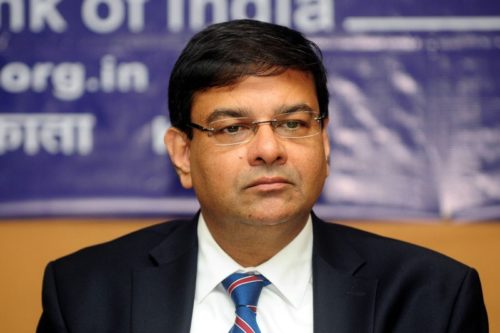Mumbai: The Reserve Bank of India (RBI) Governor Urjit Patel resigned from his post Monday with immediate effect, citing “personal reasons”, setting of a major crisis in India’s politico-economic sphere.
Patel’s resignation comes in the backdrop of the ongoing tiff between the government and the central bank over the liquidity and credit crunch in the economy that provoked an extraordinary meet of the RBI board November 19. “On account of personal reasons, I have decided to step down from my current position effective immediately,” Patel said in a statement released by the RBI.
Patel had taken charge as Governor on September 4, 2016, for a three-year term, following Raghuram Rajan’s decision not to seek a second term.
The historic tensions in government-central bank relations were reignited in October when, in a public lecture, RBI Deputy Governor Viral Acharya talked about the independence of the Reserve Bank, arguing that any compromise could be “potentially catastrophic” for the economy.
The government responded with the finance ministry seeking discussions with the central bank under the never-used-before Section 7 of the RBI Act which empowers the government to issue directions to the RBI Governor, who then summoned a meeting of the bank board.
Lessons From China
Commerce ministries around the world are, according to Donald Trump, lining up to plead their case with the United States....
Read more






































